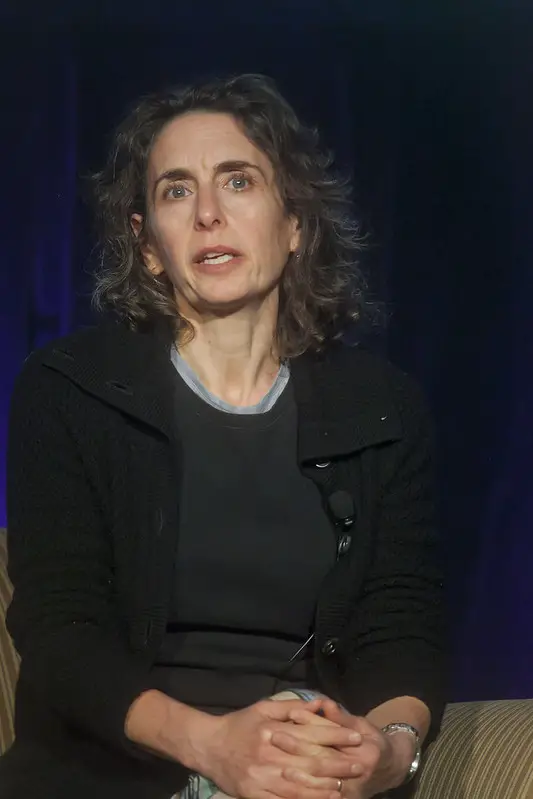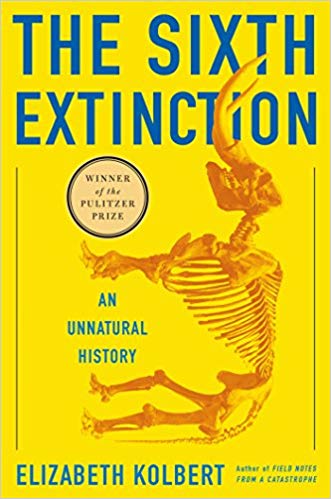

Quite rightly, Benedict Macdonald acknowledges that we face a double whammy of biodiversity loss and the climate crisis, which threatens not just Britain’s birds but also our own existence on this planet. What I love about Rebirding is its positivity. Decades on, I have traces of DDT in my own blood. Yet production of hazardous chemicals continues to rise exponentially. Silent Spring sparked the dawn of a new environmental movement, the banning of DDT and the establishment of the US Environmental Protection Agency. “The choice, after all, is ours to make,” she writes. Yet Silent Springemphasises that we have the power to call for change. Yes, the indiscriminate spraying of pesticides such as DDT was detrimental to this planet’s ecology and our own health. So meticulously informed, rigorously researched, yet accessible to the mainstream, Carson’s writing paints two evocative pictures through her suite of characters, from the robin to the gypsy moth. This is a wake-up call to the blanket use of dangerously toxic agricultural chemicals. As Carson wrote, “in nature nothing exists alone”. When we harm biodiversity, we ultimately harm ourselves. Every chapter is a reminder that we aren’t above nature, or able to control it. Silent Spring is as relevant today as it was when American environmentalist Rachel Carson first published her seminal work 60 years ago. It’s free from jargon yet manages to navigate all the typically hard-to-communicate points, such as genes, ecosystems and species.įor anyone who still needs winning around to our planet’s beauty – and wants to know how we can save it – this is the book they should read. And it reads like an adventure, with lots of details about the author’s own travels. It speaks of a world that is more complex, abundant and interwoven than you could dream of. This book encourages readers not to look up but down, at the universe below our feet. It makes the 100-400bn stars in the Milky Way look like a pretty paltry number.

But an estimated 99.99% of species which have ever lived have already gone. When you include bacteria and archaea, it could be more like a trillion. An estimated 8.7 million species live on land and sea, and this number is probably an underestimate.

I love the idea of biodiversity as a hidden universe.


 0 kommentar(er)
0 kommentar(er)
